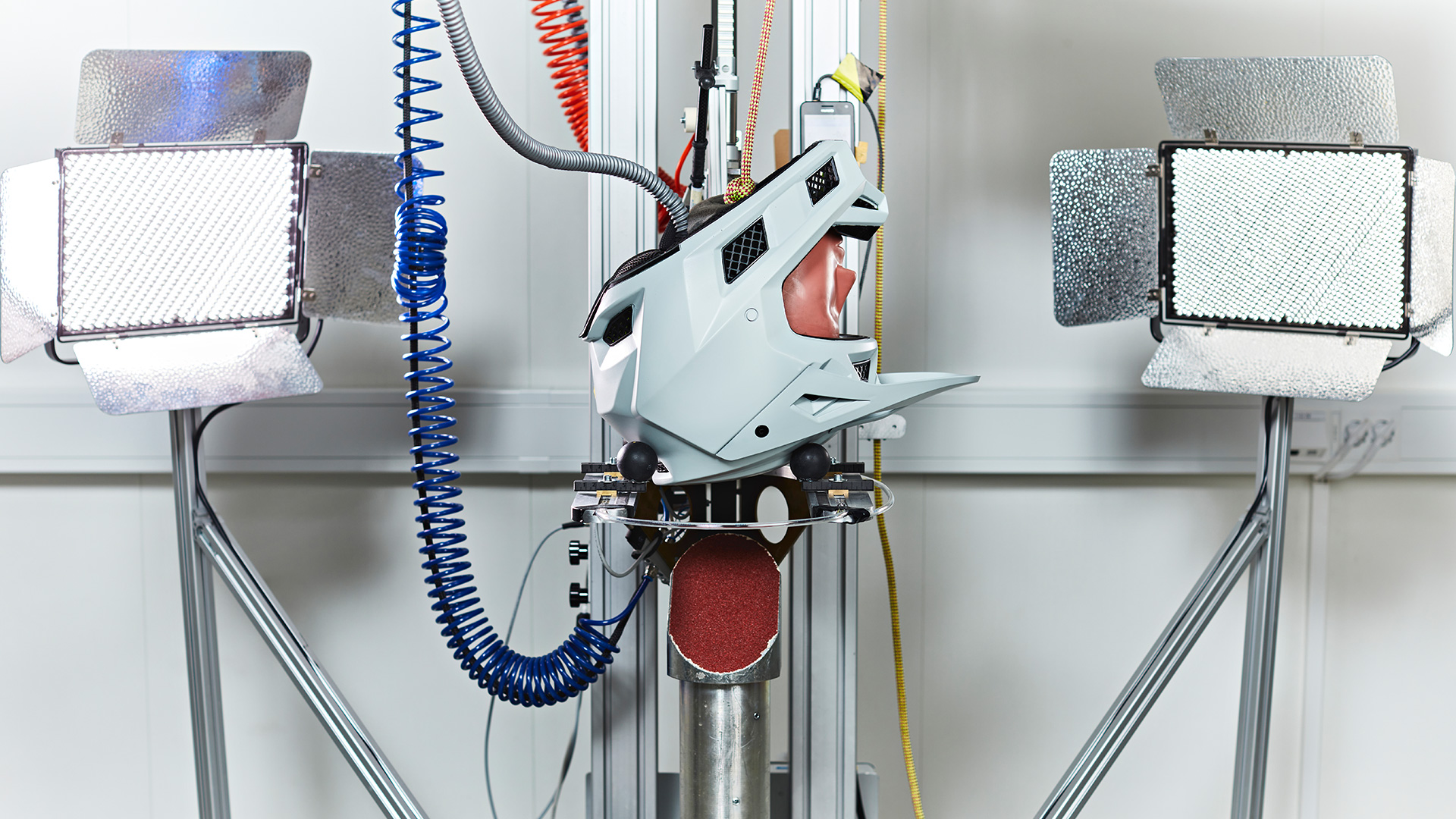Share price
308.8 SEK
Mips AB (Mips) -1.00 SEK (-0.32%)
Last updated 26 January 2026, 00:51 CET
Historically, helmets have been designed to protect against linear motion, with the principle aim of protecting against skull fractures. This is mirrored in most of the current regulatory certification standards. However oblique impact is a more common accident scenario and most regulatory standards do not certify helmets against those impacts, even though research show that the human brain is more sensitive to rotational motion than linear motion.

Rotational motion is a result of an angled impact to the head and is a combination of rotational energy (angular velocity) and rotational forces (from angular acceleration). This rotational motion results in shearing and/or stretching of brain tissue which affects the brain and increases the risk of both minor and more severe brain injuries. Research has shown that the most common severe brain injuries like Diffuse Axonal Injury (DAI) and Subdural Hematoma (SDH) arise more easily when the head is subjected to rotational motion. Similar research has shown that it is very likely that rotational motion causes concussion or mild traumatic brain injury compared to straight impacts.
Mips has noticed an increased awareness of the importance of protecting against rotational motion. The growing awareness can be exemplified by an increased focus from organisations’ and regulatory bodies’ working groups on helmet standards. Furthermore, more than 150 helmet brands around the world use Mips’ safety system in their helmet models, which points to an increased brand and consumer awareness when it comes to protecting against rotational motion.
Within the European standardization organization (CEN), a working group has developed a new standard that describes how to evaluate head protection against oblique impacts (EN 17950), which has not yet been implemented in any standard for head protection. The American standardization organization ASTM (American Society for Testing and Materials) has also developed a similar standard. Currently, only motorcycle helmets are evaluated for oblique impacts within the ECE (Economic Commission for Europe) 22.06 and the FIM (Fédération Internationale de Motocyclisme) Helmet Certification Program (FHCP). However, there are ongoing discussions to introduce standards that include oblique impacts for other helmet categories as well based on the test method in EN 17950.
Before the introduction of oblique impacts in standards, they were included in various consumer tests. The American testing institute Virginia Tech has introduced rotational movements in its test protocol for, among other things, snow and bicycle helmets. The insurance companies Folksam and Länsförsäkringar both conduct annual tests of bicycle helmets and began including protection against oblique impacts in their assessments starting in 2012.